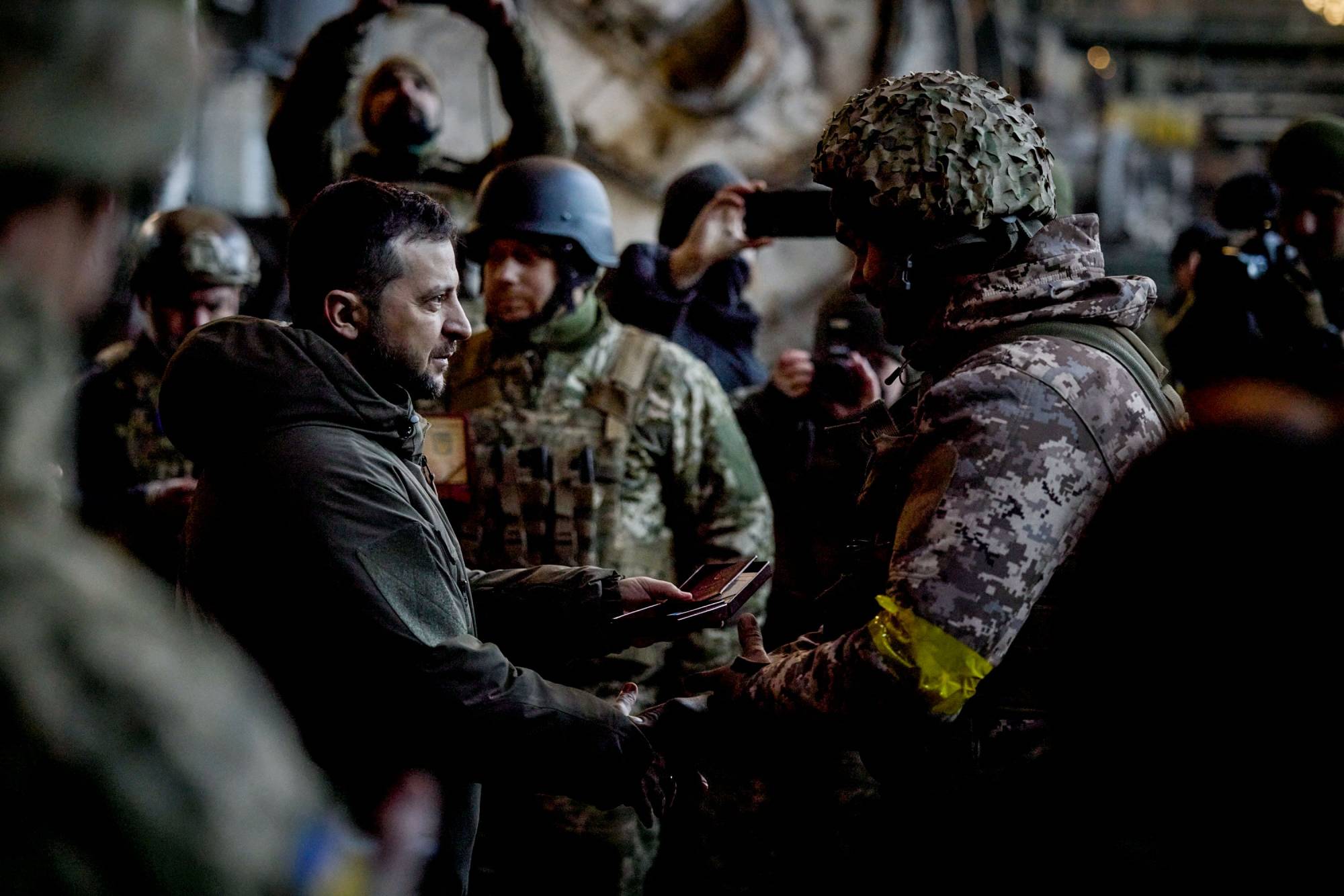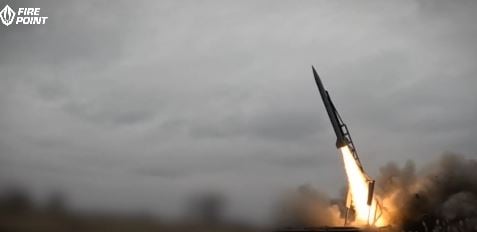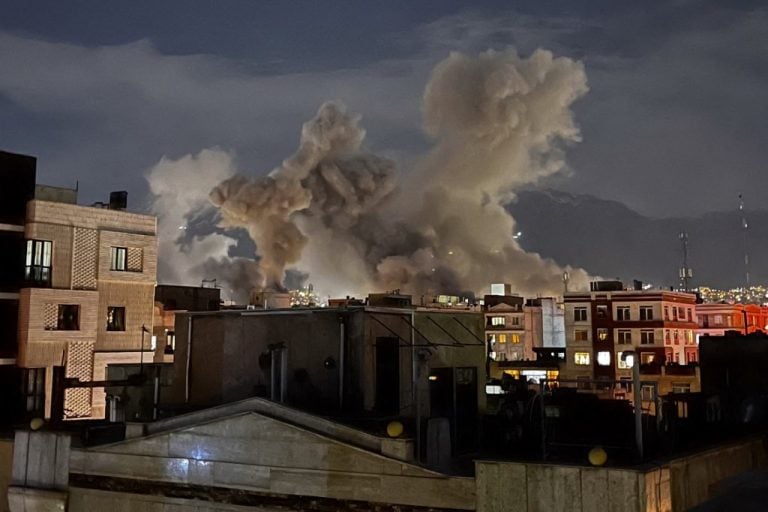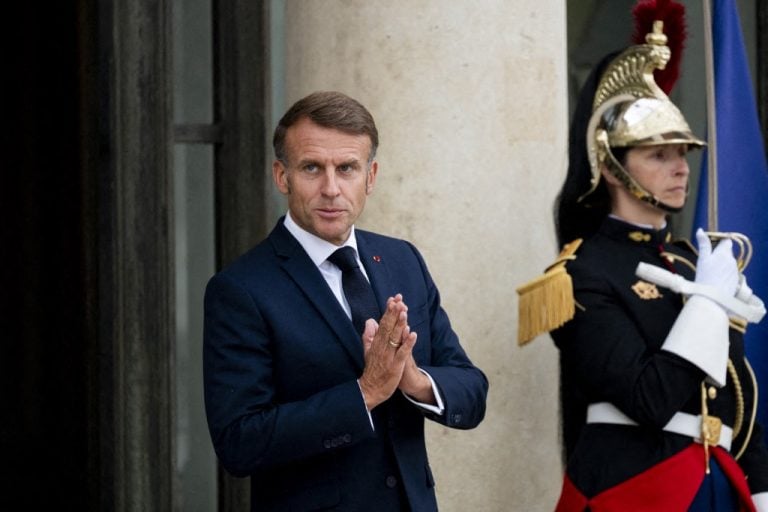Ukrainian President Volodymyr Zelensky announced that Ukraine would comply with a proposed Easter truce following Russian President Vladimir Putin’s order for Russian troops to halt combat activities until 2100 GMT on Sunday. In a statement posted on social media platform X, Zelensky indicated that Ukraine would mirror Russia’s actions, suggesting that if Russia was genuinely committed to a ceasefire, Ukraine would respond accordingly. He expressed hopes of extending the truce beyond the Easter day of April 20.
The backdrop to this temporary cessation of hostilities is a proposal put forth for a full and unconditional 30-day ceasefire, which has remained unacknowledged by Russia for 39 days. This proposal, initiated by the United States, received a positive response from Ukraine, but Russia has effectively ignored the overture.
Despite agreeing to the Easter truce, Zelensky pointedly criticized Russia for its ongoing military actions, asserting that Russian assaults continued across various frontline sectors, and artillery fire had not diminished. Reports from Ukraine’s Kherson governor indicated several Russian drone attacks occurring shortly after Putin’s order was expected to take effect at 6:00 PM local time. The Ukrainian air force issued air-raid warnings for multiple regions in eastern Ukraine, including Kharkiv, Donetsk, Zaporizhzhia, and Dnipropetrovsk, amidst indications of a potential ballistic missile threat.
Highlighting the lack of trust towards Moscow, Zelensky stated that past experiences have taught Ukraine how Russia manipulates situations. He emphasized that Ukraine was prepared for all scenarios and would respond rationally to any aggression, indicating that every Russian strike would elicit an appropriate backlash.
Putin’s announcement of the Easter truce was unexpected, especially after he had declined a US proposal for an unconditional 30-day ceasefire the previous month—an offer that Ukraine had accepted. Amidst these developments, former US President Donald Trump is advocating for an end to the ongoing conflict that has lasted three years. However, Trump has cautioned that he might abandon his efforts to facilitate a ceasefire should he perceive a lack of significant progress in negotiations.
Previous attempts to establish ceasefires during Easter in April 2022 and Orthodox Christmas in January 2023 were unsuccessful due to disagreements between the two parties. As the situation remains tense, the effectiveness of this latest truce initiative hangs in the balance.







